
3 Highlights From The Finale Of "My Youth"
In the previous episode of “My Youth,” it had seemed as though all was lost for Sunwoo Hae (Song Joong Ki). But when he regains consciousness, he is surprised to find not only Je Yeon (Chun Woo Hee) by his side but also his father, Nu Ri, and Seok Joo (Seo Ji Hun) as well as the aloof Kim Pil Do (Jin Kyung) gathered at the hospital. The news of his rapidly progressing illness shocks everyone, and yet in that moment, he finds unexpected emotional support from those around him.
Sunwoo Hae, who had been uncertain about seeking treatment abroad, finally decides to do so. It is Je Yeon who gently persuades him, reminding him that while the treatment may take two years and its success is uncertain, he will never know unless he tries.
Having quit her job as a talent manager, Je Yeon isn’t in a hurry to start anew. Instead, she chooses to look after Sunwoo Hae’s flower shop in his absence. Their relationship, which has weathered many trials, finally finds stable ground as both accept their reality with trust and understanding.
The finale beautifully ties up the show’s central message: happiness isn’t about perfection but rather about finding your purpose and doing what makes you happy. Here are three highlights from the final episode.
Warning: spoilers from episode 12 ahead!
Sunwoo Hae choosing to heal
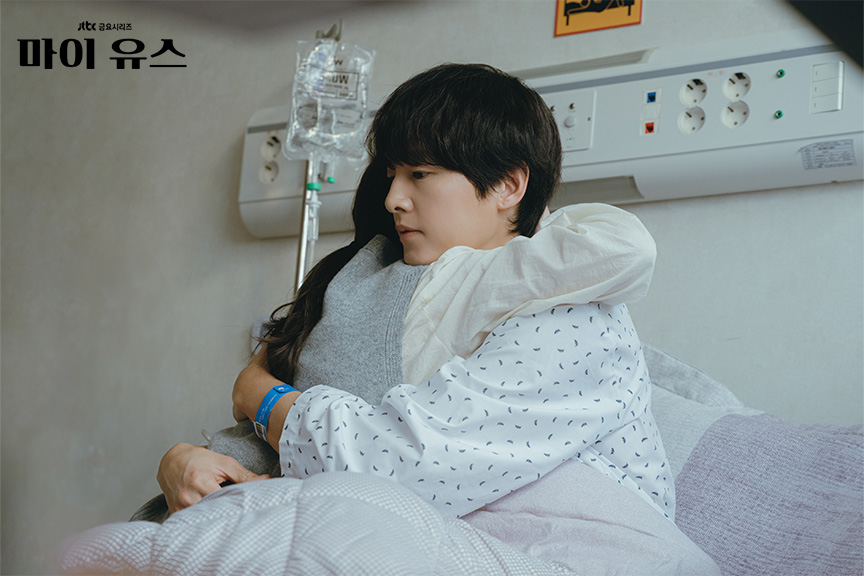
“I had no idea how loved Sunwoo Hae is,” says Kim Pil Do when she visits him at the hospital. As he regains consciousness, Sunwoo Hae seems almost embarrassed by the concern, his father and half-siblings hovering close, anxious yet relieved. The doctor informs them that while the progression of his illness is rapid, it can be arrested. But the choice to begin treatment must be his. Until now, Sunwoo Hae has shown little interest in fighting for himself.
For someone who has spent his life carrying the weight of others and living quietly in their shadows, this moment becomes a turning point. For once, he must choose himself. It is Je Yeon who helps him to see this, persuading him to regard the two years of treatment as a gift, a kind of long overdue vacation he owes his own soul. She tells him they both have made sacrifices in life, but this time, the treatment is a risk worth taking for their shared future. She tells him that when he had collapsed she had actually thought it was the end, but now she is convinced he has the chance to pull through.
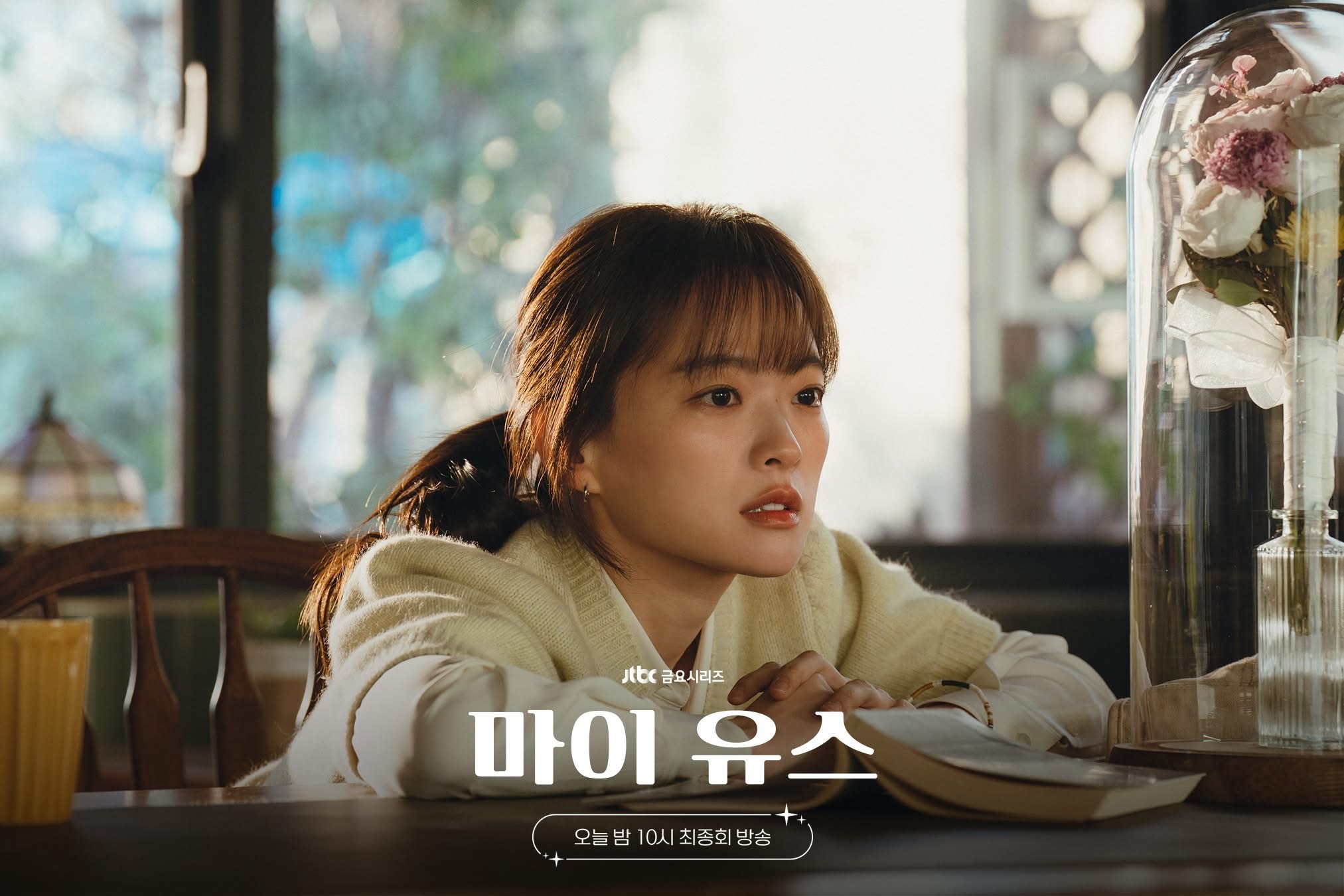
When Sunwoo Hae finally agrees, it isn’t an act of surrender, but one of strength. His decision marks a quiet shift from denial to acceptance, from merely existing to truly living. He resolves to chronicle his journey in a new book, one that he plans to write while away. And as he leaves home, the trees stand bare yet heavy with promise, a silent reminder that seasons change, and with time, even the starkest branches find their bloom again.
Sunwoo Hae acknowledging his father
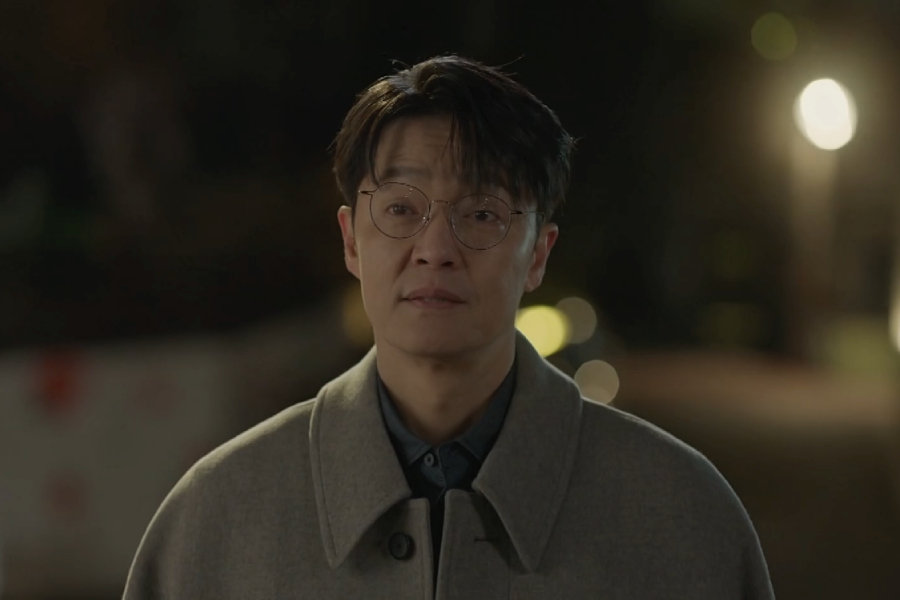
Sunwoo Hae finally accepts his father Sunwoo Chan’s (Jo Han Chul) olive branch. Their relationship, strained for years by silence and misunderstanding, finds a quiet sense of closure. Sunwoo Chan has long been immature and irresponsible, a man who left his son to shoulder his burdens, from repaying his debts to caring for his illegitimate daughter.
Sunwoo Hae never turned to his father, knowing him to be unreliable. Over the years, Sunwoo Chan made tentative attempts to reach out but always from a place of guilt, aware that some actions could never be undone. His son’s illness, however, brings long-suppressed regrets to the surface. For perhaps the first time, Sunwoo Chan confronts his own shame, the realization of how selfishly he had leaned on a child who deserved to be cared for, not burdened.
When Je Yeon tells Sunwoo Hae that his father has been the most worried, he merely nods, silent but listening. Yet before leaving for treatment, he chooses to meet his father. It’s a quiet act of grace. He tells Sunwoo Chan that he’s giving him the copyright to republish his bestseller, along with the new story he plans to write. It’s his way of letting go, of finding closure, and of beginning anew.
In one of the most poignant moments, Sunwoo Hae asks how his father came to have his first photo album. Sunwoo Chan replies softly that he was the one who took those pictures, that Sunwoo Hae’s birth had been the happiest moment of his life. The walls between them don’t crumble instantly, but they begin to crack, allowing affection and regret to seep through.
For perhaps the first time, Sunwoo Hae allows himself to be part of a family rather than an outsider watching from the margins. In acknowledging his father, he also acknowledges the part of himself that has longed, quietly and deeply, to belong.
Je Yeon and Sunwoo Hae getting their new beginning
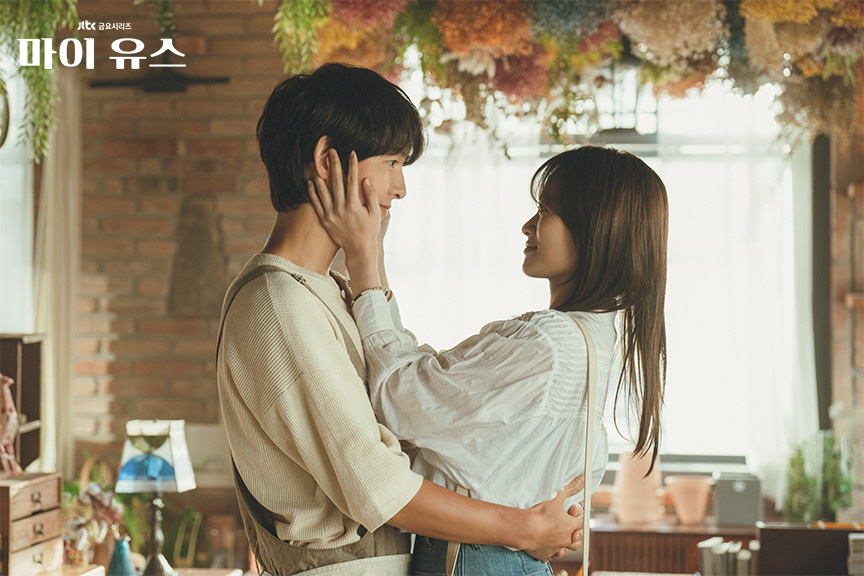
Even as Sunwoo Hae begins his treatment abroad, life continues to move gently forward for Je Yeon. Having left behind the hectic world of talent management, she devotes herself to tending Sunwoo Hae’s flower shop, a space that carries his quiet spirit and love for small, beautiful things. The rhythm of caring for the shop becomes her way of staying connected to him, of keeping him close even across the distance.
She finally receives the letter he had written during the taping the documentary. It’s a message meant for her. As she reads it, the words unfold like a confession and a love story all at once. He writes about how he often wondered whether she would recognize him if they met again, how every glance, every beginning in his life somehow traced its way back to her. Every “first,” his first love, his first heartbreak, his first feeling of warmth, is tied to her.
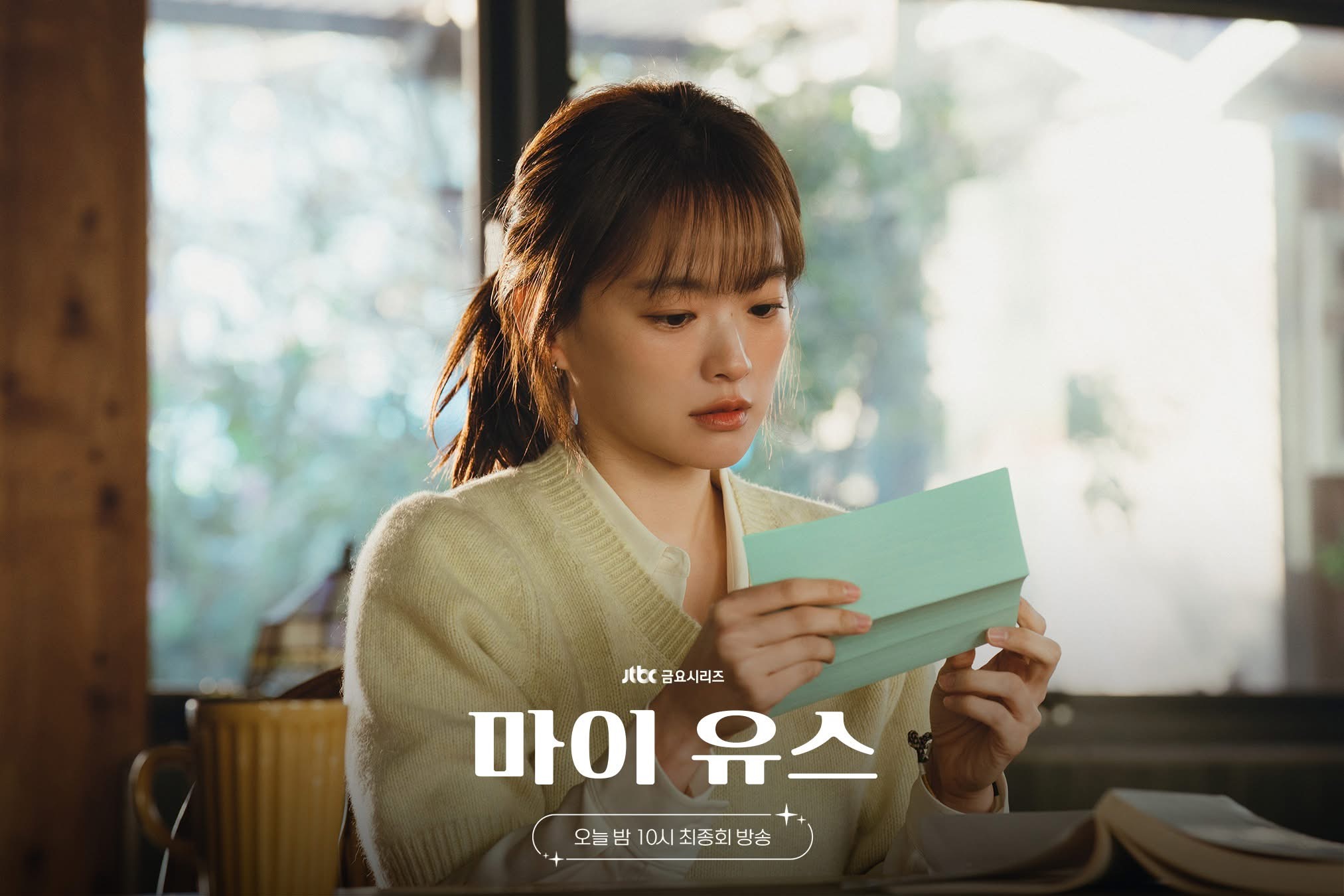
The letter is not just about love, but of remembrance. It’s a reflection of how deeply she has been woven into his story. Through his words, Je Yeon realizes that while they were apart, and even now, their connection endures, quiet yet unwavering.
As he returns back home, it isn’t the grand reunion one might expect, but something gentler and far more profound: an understanding that their love has already found its home, in memory, in hope, and in the promise of another season.
Start watching “My Youth”:
Puja Talwar is a Soompi writer with a strong Yoo Yeon Seok and Lee Junho bias. A long time K-drama fan, she loves devising alternate scenarios to the narratives. She has interviewed Lee Min Ho, Gong Yoo, Cha Eun Woo, and Ji Chang Wook to name a few. You can follow her on @puja_talwar7 on Instagram